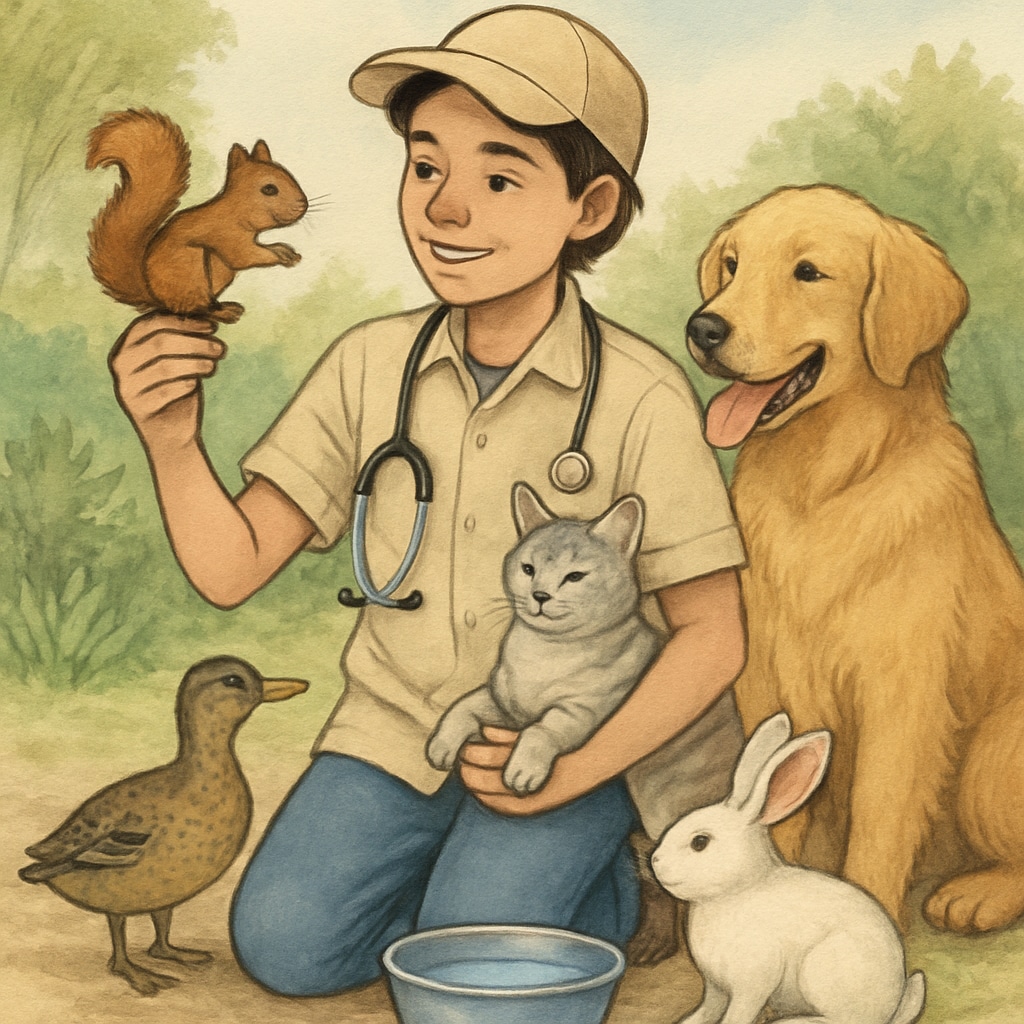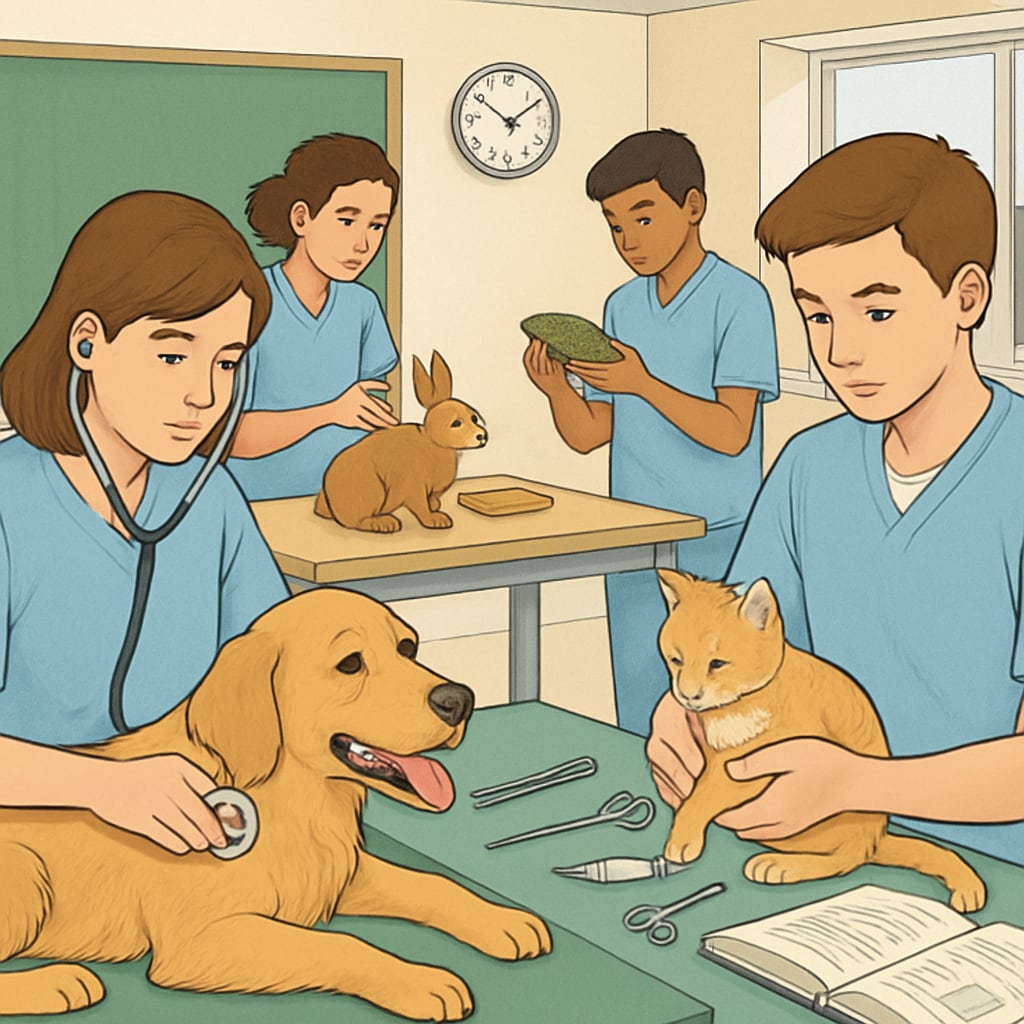For many young individuals, the absence of GCSE qualifications can be a significant obstacle in pursuing their career dreams, such as working with animals. This issue reflects broader challenges within the UK educational system, where rigid assessment standards may overlook diverse talents and aspirations. Without these qualifications, some young people find themselves struggling to access further education and employment opportunities—a predicament that highlights the need for more inclusive and adaptable pathways.

How GCSE Qualifications Impact Career Opportunities
GCSEs (General Certificate of Secondary Education) are often considered the foundation for academic success in the UK. These qualifications are typically required for further education and vocational training. For those passionate about animal work or other specialized fields, GCSEs in subjects like biology or English may serve as prerequisites for enrollment in relevant programs. However, the lack of GCSEs can create a barrier, preventing individuals from accessing the training they need to pursue their chosen careers.
For example, a 19-year-old aspiring to work in animal care might face rejection from courses or internships simply because they lack the requisite GCSEs. This limitation underscores the rigidity of the current educational system, which may fail to accommodate non-traditional learners or those who excel in practical skills rather than academics.

Addressing Educational Shortcomings and Supporting Career Aspirations
In response to these challenges, stakeholders in education and employment must consider alternative routes for skill development. Here are some proposed solutions:
- Vocational Training Programs: Introduce more accessible vocational pathways that focus on practical skills without requiring GCSEs.
- Recognition of Non-Academic Achievements: Develop systems that value hands-on experience and soft skills alongside academic qualifications.
- Mentorship and Apprenticeships: Provide opportunities for young people to gain experience under the guidance of professionals in their chosen field.
- Flexible Entry Requirements: Institutions could adopt a case-by-case approach, assessing candidates based on their overall potential and passion rather than solely on GCSE results.
By implementing these measures, we can help individuals like the 19-year-old aspiring animal worker overcome the constraints imposed by traditional qualifications.
The Importance of a Diversified Educational System
Creating a more inclusive educational framework benefits not only the individuals it serves but also society as a whole. A diversified system recognizes that success comes in many forms and that academic qualifications are not the sole indicator of potential or capability.
For instance, sectors like animal care require emotional intelligence, patience, and an innate ability to connect with living beings—qualities that cannot always be measured through exams. Adopting a holistic approach to education and recruitment can enable people with these traits to thrive, ultimately enriching the workforce with diverse talents.
As a result, policymakers, educators, and employers should collaborate to create systems that empower young people to pursue their passions, regardless of their academic background.
In conclusion: While GCSE qualifications remain a significant benchmark in the UK educational system, they should not act as insurmountable barriers. By fostering alternative pathways and embracing a more inclusive perspective, society can better support individuals in achieving their career aspirations, whether in animal work or other fields.


